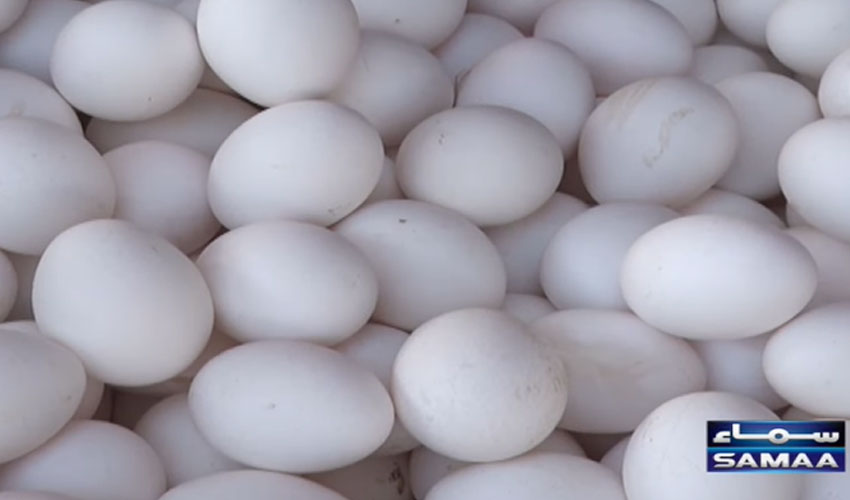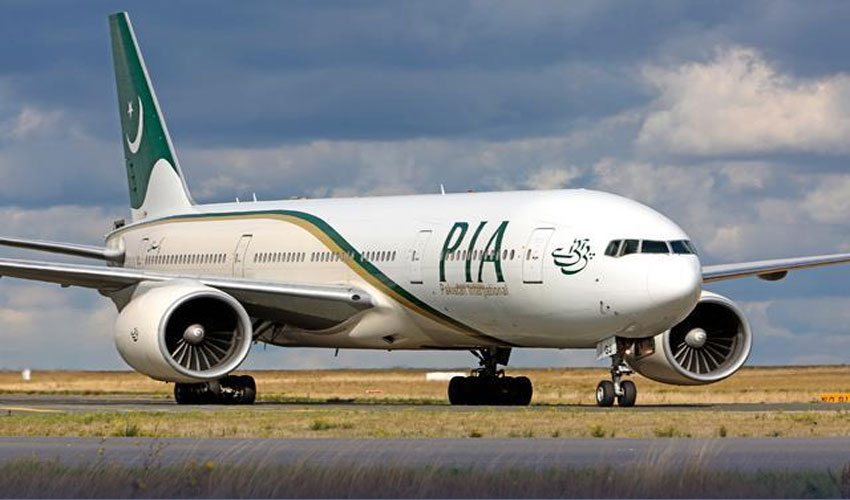Egg prices are set to remain elevated into 2025, with industry experts attributing the rising costs to the ongoing disruptions caused by Highly Pathogenic Avian Influenza (HPAI), commonly known as bird flu.
Wells Fargo Agri-Food Institute Sector Manager Kevin Bergquist noted that egg prices have been higher since 2023, driven by seasonal increases during the holidays and the disruptions to supply caused by bird flu. “Egg prices have generally remained above 2023 levels and often exceeded those from 2022, when HPAI severely impacted the egg market,” said Bergquist.
Wholesale egg prices surged nearly 55% in November, although these figures do not always reflect consumer prices at the grocery store, which can fluctuate significantly.
According to the Consumer Price Index, grocery prices saw a 0.5% increase in November, with eggs showing the largest rise at 8.2%, outpacing other food categories. Prices for meats, poultry, and fish rose 1.7% in the same period.
Dr. Michael Swanson, Chief Agricultural Economist at the Wells Fargo Agri-Food Institute, explained that consumer prices are more relevant as they reflect what shoppers pay. “Retailers are slow to adjust prices on staples such as milk and eggs, using them to balance overall pricing strategies,” said Swanson.
Before the bird flu outbreak in March 2022, egg prices were lower due to a stable flock size, with wholesale prices under $1.50 per dozen. However, the bird flu significantly disrupted the market, driving prices to record highs in December 2022. Though prices corrected in 2023 as producers worked to rebuild flocks, Bergquist pointed out that the recent resurgence of bird flu has once again reduced flock numbers, leading to continued market shortages.
Producers have struggled to restore the total egg-laying flock due to the recurring outbreaks of bird flu throughout 2023 and into 2024.



























